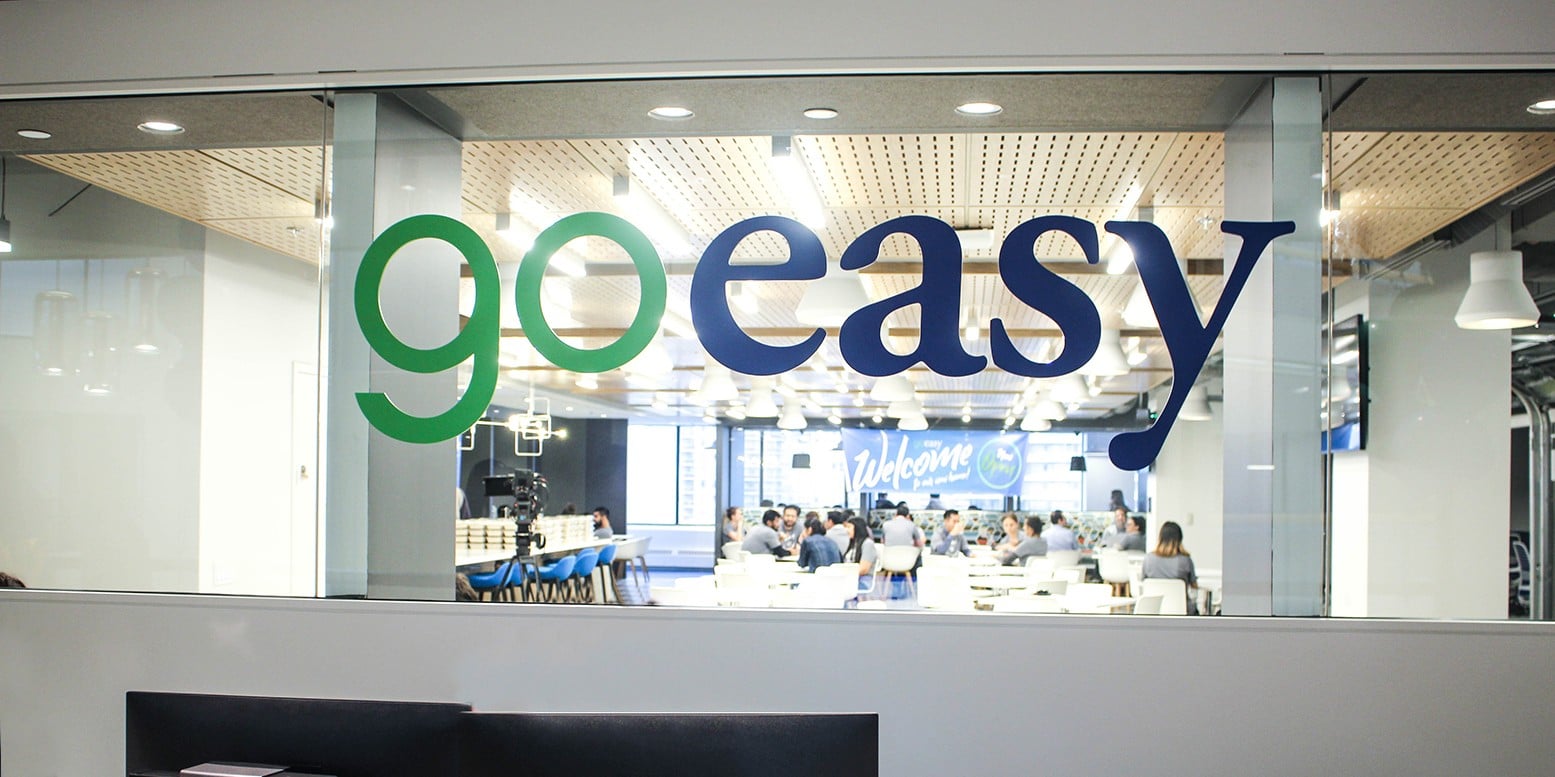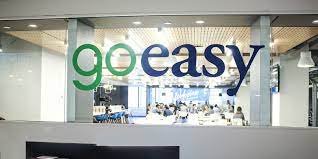Here’s why Goeasy is a problem right now

Canadian fintech name Goeasy Ltd (Goeasy Stock Quote, Charts, News, Analysts, Financials TSX:GSY) has had it tough over the past 12 months, losing about half of its value over that stretch, but if you’re wondering whether the pullback makes the stock a buying opportunity, there are a number of factors in the macro picture to consider. That’s according to portfolio manager Ryan Bushell, who thinks Goeasy is likely to see a dent in its growth plans at least over the near future.
“This is a short term/long term question,” says Bushell, president of Newhaven Asset Management, who spoke on BNN Bloomberg on Tuesday.
“Short term, I’m very concerned about the consumer and especially the low-end consumer which is more likely to use a Goeasy because of their higher percentage of [income] that’s spent on essentials like food and energy, etc., leaving less room for debt service and other other discretionary purchases,” he said.
A non-prime consumer lender, Goeasy owns lease-to-own business easyfinancial, easy-home for non-prime lending and LendCare, a point-of-sale consumer finance and technology platform. Altogether, Goeasy has over 400 locations across Canada.
The company has done well to grow its business both organically and inorganically, with the acquisition of LendCare last year for $320 million being a key M&A move. For the full 2021 year, goeasy grew its total loan originations by 54 per cent to $1.57 billion and revenue was up 27 per cent.
More recently, loan originations for the company’s Q2 2022, reported last month, grew an even better 66 per cent to $628 million, with diluted EPS doubling year-over-year to $2.32 per share. Goeasy, with a current market cap of about $1.8 billion, also sports a sizeable dividend with a three per cent yield.
“As a result of the strength in the business, we have updated our forecast to reflect recent trends,” said President and CEO Jason Mullins in the company’s second quarter press release. “We now expect the loan portfolio to approach nearly $4 billion in 2024, with a stable outlook for credit performance, driven by a disciplined approach to growth and credit risk management. With all our major initiatives working together, we remain on our journey to be the leading non-prime lender in Canada.”
But even with its business seemingly booming, the stock has been a disappointment. GSY rose from a pre-pandemic $60 per share to as high as $217 by September 2021, but then it started a protracted dive which bottomed out at $100 earlier this summer. The July rally in the markets took the stock to $140 but it has since retreated again to sub-$20 territory.
Goeasy’s fortunes are shared by the whole of the fintech space, however, which has been hammered hard over the past year. Fellow Canadian names Mogo and Nuvei have each lost about 80 per cent of their value since last September, while in the US PayPal is now down by about two-thirds and Block Inc is down by 75 per cent. Put in that perspective, Goeasy’s mere 45 per cent drop over the past 12 months looks a little better.
But Bushell says investors will need patience with GSY as the company’s growth is likely to be hindered by current economic woes, namely, a recession.
“Over the short term I’m concerned [about fintech companies] and I think you might see a buying opportunity open up on all of these. You definitely saw that reflected during the downturn in these types of companies. They’ve since rallied a little bit off of that and now they’re coming off again,” Bushell said.
“This is the greatest advertised recession that hasn’t happened yet,” he said. “I don’t like to just be among the consensus but from a fundamental perspective I just don’t see any way that this increase in interest rates, this quickly and from this low of a base and with this much debt is not going to be impacting consumers over the next six to 12 months — and maybe longer depending on how long rates stay up.”
At the same time, Bushell’s take is not all negative, as the alternative lending space in Canada is still fertile ground for companies like Goeasy.
“Short term, I’d be very cautious. Long term, you do have the opportunity for all of these financial institutions to compete in Canada where there’s been very little competition historically. I can see the case for these alternative lenders. Goeasy is one of the premier ones and it’s got an early start and has a good network,” he said.
“So, on a long term basis, I can definitely see that thesis, and if you’re patient I think you can hold through this. But if you’re looking to add more or looking to add it outright, I’d be waiting to see how the next at least six months play out,” he said.


